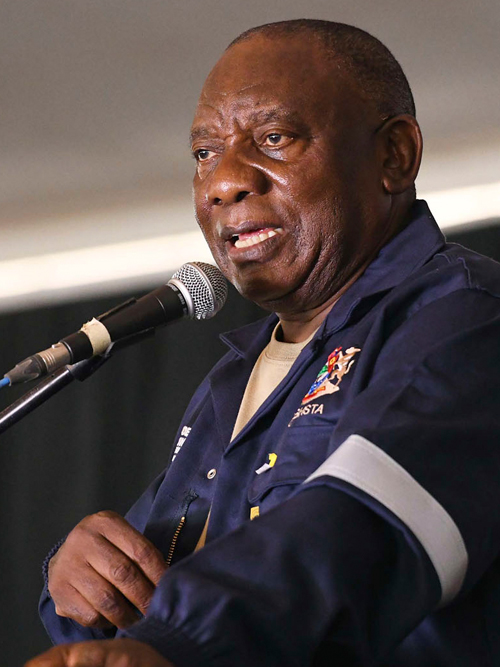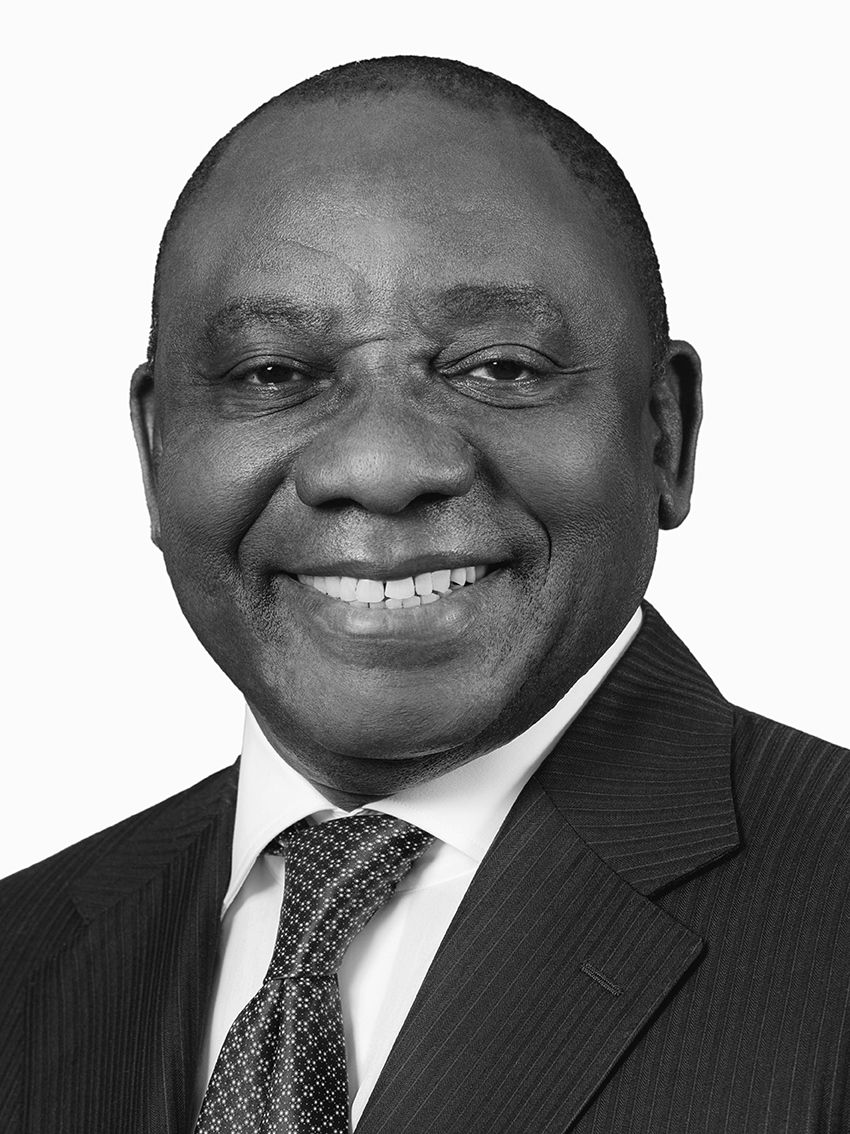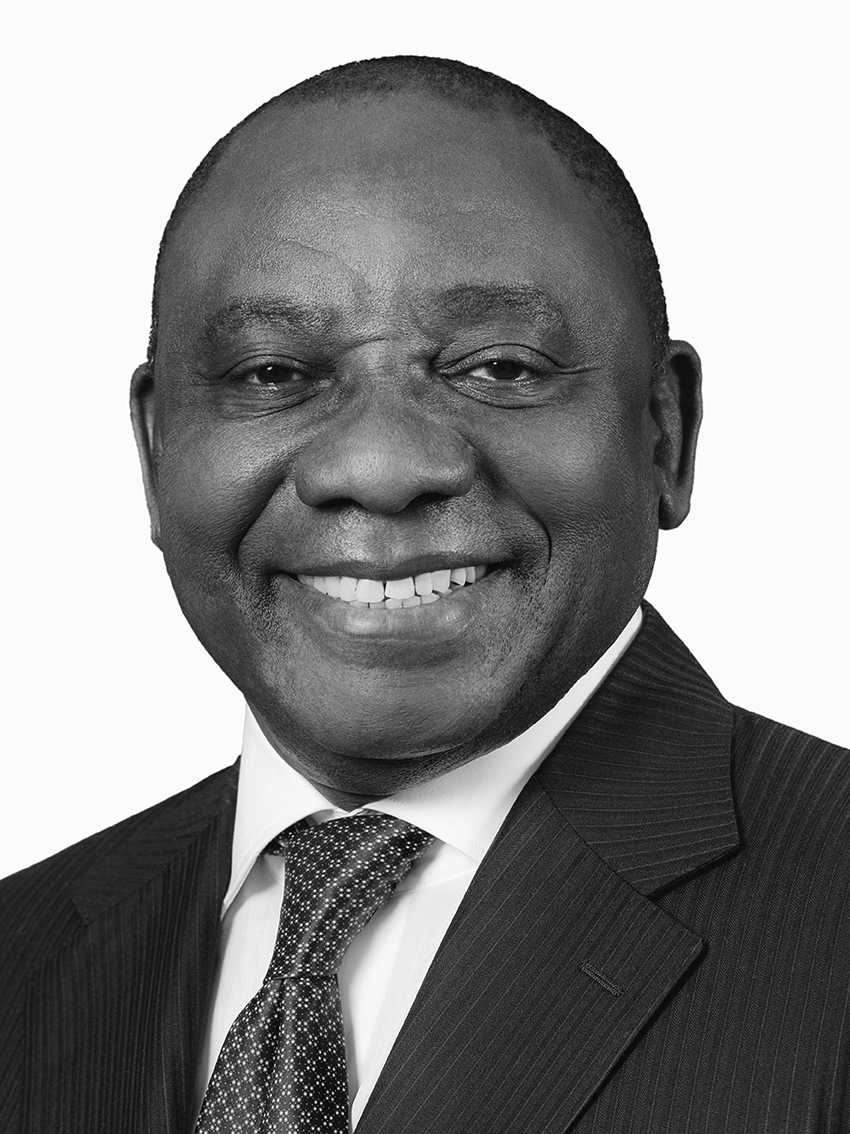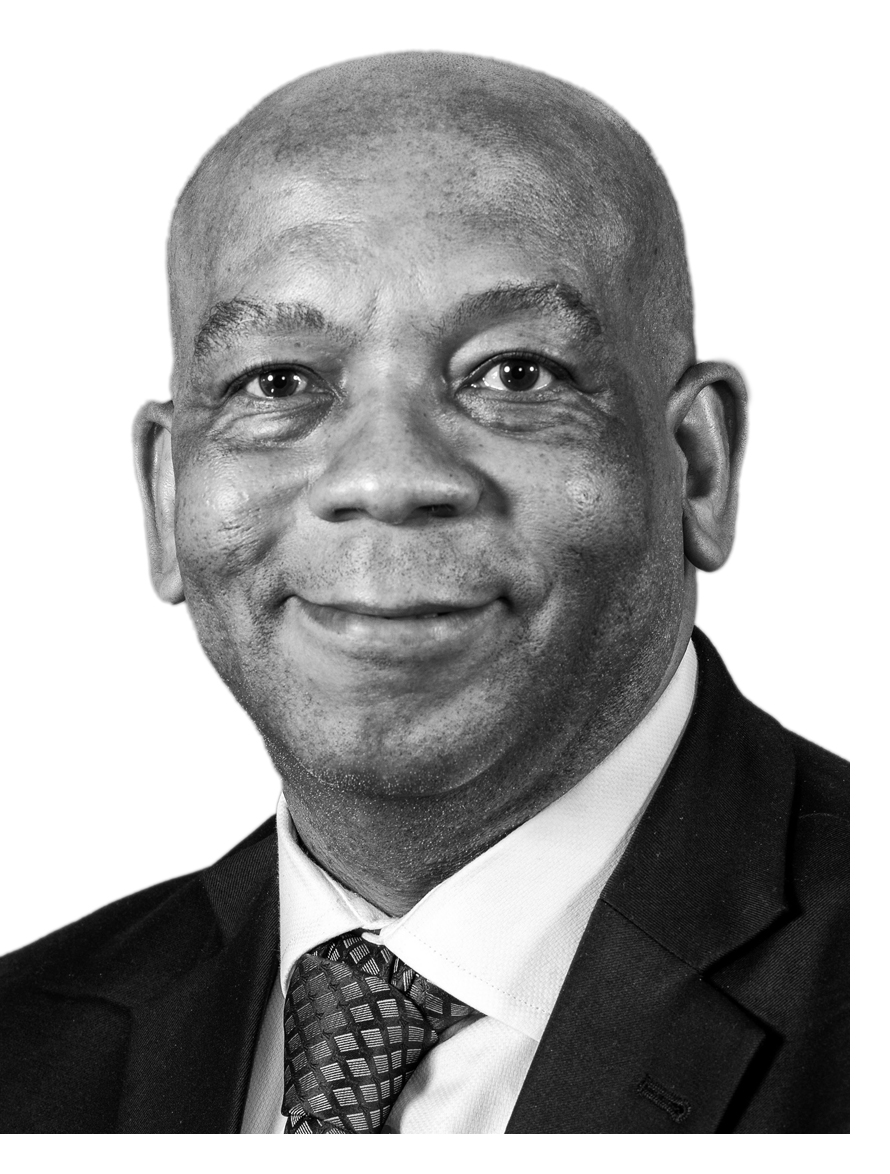Your Excellency President Yoweri Museveni, President of Uganda and Chair of the Non-Aligned Movement,
Your Excellencies, Heads of State and Government,
Your Excellencies, Ministers and Ambassadors,
Distinguished Delegates,
Ladies and Gentlemen,
I wish to express my sincere gratitude to the Government and people of Uganda for the warm reception we have received here in the Pearl of Africa.
We thank our former Chairperson, His Excellency President Ilham Aliyev and the people of Azerbaijan for steering our Movement for the past three years.
We wish our new Chairperson, His Excellency President Yoweri Museveni, all the best and convey our full support as Uganda takes over the chairship of the Non-Aligned Movement and the Group of 77 plus China.
This Summit takes place at a time when the world is faced with many challenges exacerbated by geopolitical dynamics and conflicts in various regions of the world.
The wars taking place in Ukraine and Palestine are causing grave humanitarian and health crises and contributing to international instability.
The supremacy of multilateralism as embodied by the United Nations Charter and international law is being undermined exactly when it is needed most.
At a time when the world appears to be once again divided between east and west, the Non-Aligned Movement should continue to assert its independence based on our common values.
South Africa remains steadfast in advancing its non-aligned approach in the maintenance of international peace and security and advocating for inclusive dialogue and the peaceful political settlement of disputes.
The countries of the world are interlinked and interdependent as never before.
They are linked through technology, trade, global value chains and international capital flows. They share common challenges of climate change, pandemics, terrorism and illicit financial flows.
This requires a globally-agreed set of rules that applies equally to all, and that establishes room for development for the poorest and most disadvantaged.
This interconnected world calls for a collective determination to achieve the Sustainable Development Goals and to address the economic, social, health and environmental challenges that every country faces.
We need to give dedicated attention to the reform of global governance institutions, including the United Nations.
We must give meaning to the principle of sovereign equality of nations and ensure that the voice of the African Continent and the Global South is strengthened in the broader multilateral system.
As the Non-Aligned Movement, we must continue to work together in support of:
- the right to self-determination of the peoples of Palestine and Western Sahara;
- the lifting of the economic blockade against Cuba and unilateral sanctions against Iran, Venezuela and Zimbabwe;
- reaffirmation of the inalienable right of access to nuclear materials, equipment and technology for peaceful purposes;
- upholding the centrality of the UN Charter and international law in the peaceful resolution of conflict;
- defeating the scourge of terrorism and its root causes; and,
- the alleviation and eradication of poverty and underdevelopment.
South Africa calls for an immediate and comprehensive ceasefire in Gaza.
We call for the release of all hostages and the resumption of talks on a just solution that will end the suffering of the Palestinian people.
We further call for unhindered and expanded humanitarian access to allow for vital aid and basic services to meet the needs of everyone living in Gaza.
As a consequence of the ever-worsening situation of the people of Gaza, South Africa has asked the International Court of Justice to issue provisional measures ordering Israel to stop its military campaign in Gaza.
This is necessary to protect against further, severe and irreparable harm to the rights of the Palestinian people.
South Africa recently made financial contributions to the UN Relief and Works Agency and the UNHCR to support their humanitarian operations in Gaza and the broader Palestinian refugees.
In addition, many ordinary South Africans and NGOs have mobilised resources to assist the people of Gaza.
The conflict has again illustrated the inadequacy of the United Nations, in particular the UN Security Council, in maintaining international peace and security.
We should establish a system of global governance that is fair and equitable, and has the capacity to respond to the needs of all persons in situations of threat and harm.
As the Non-Aligned Movement, we should not only adhere to the equality of nations, but also to the equality of human beings.
A world free of domination by the strong and powerful is as important as a world free of sexism.
We must remain committed to the promotion and protection of the rights of women and girls and achieving women’s empowerment and gender equality.
We must reaffirm our commitment to disarmament, non-proliferation and arms control as a necessary contribution towards the achievement of a secure world for all.
Now is the time for the Non-Aligned Movement to strengthen cooperation.
Now is the time to draw fully on our founding principle of solidarity and to enhance our commitment towards development, peace, security and human rights.
If we do so, if we move forward with unity and purpose, we will emerge from the difficulties that confront us all much stronger than ever before.
I thank you.











